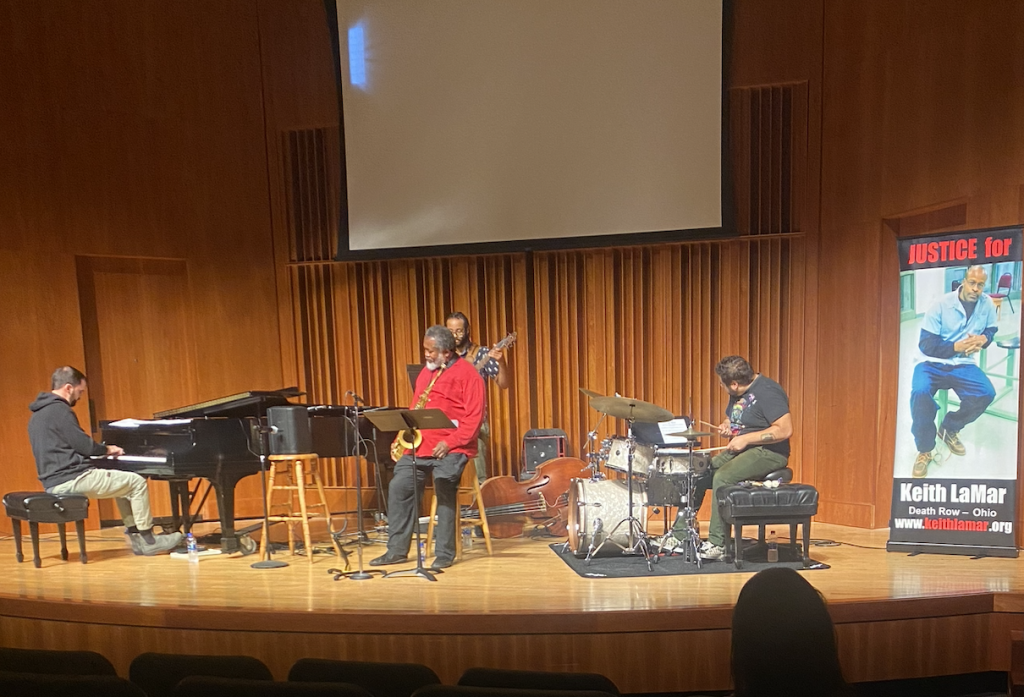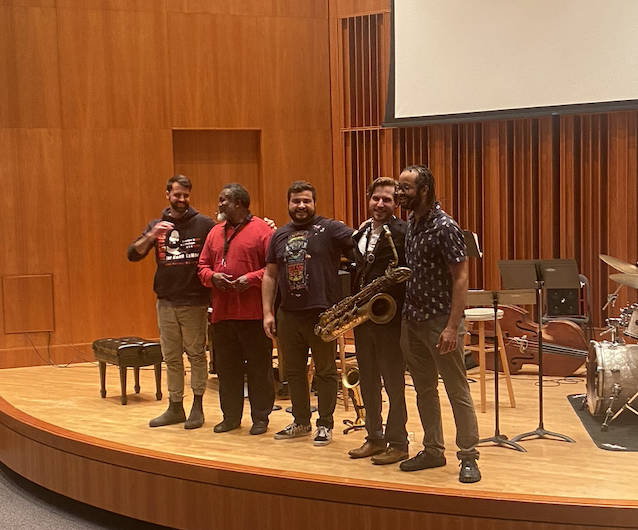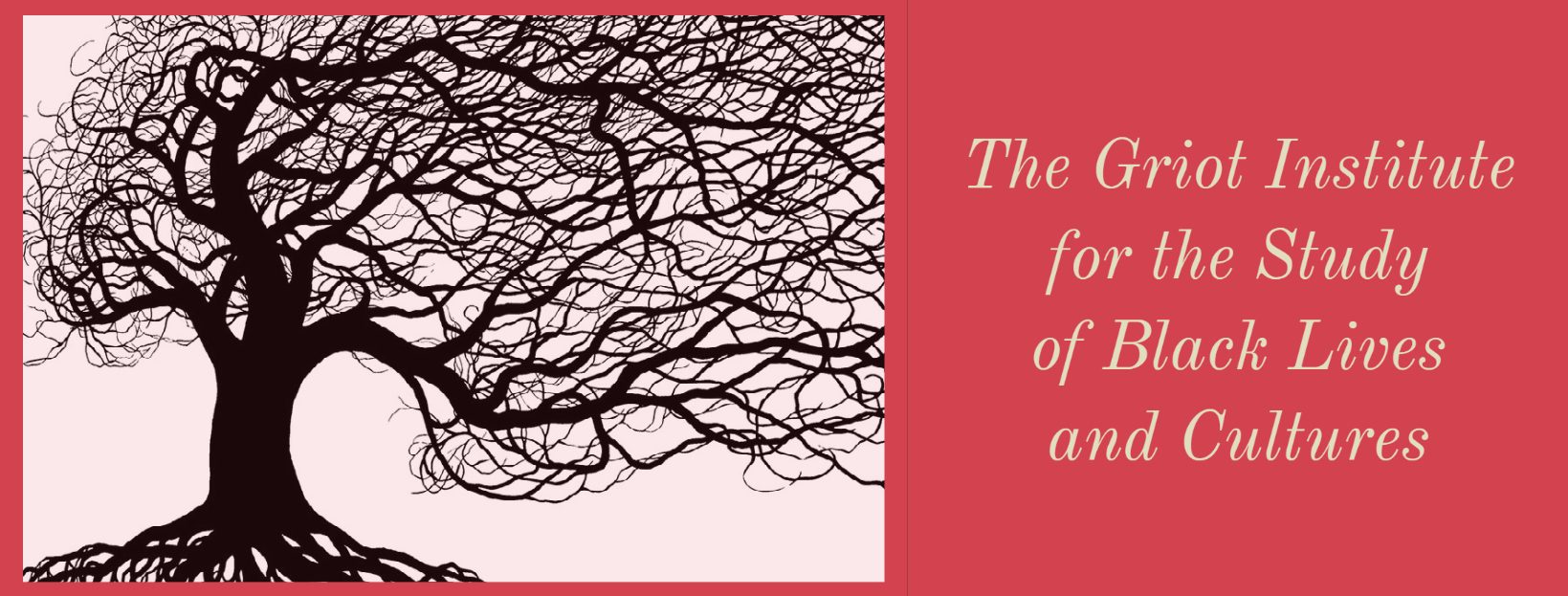
On October 3, the Music Department, led by Prof. Benjamin Barson, organized a jazz concert at Bucknell’s Rooke Recital Hall, featuring jazz musicians Albert Marques and Keith Lamar. Keith Lamar is currently on death row at the Ohio State Penitentiary in Youngstown, having been sentenced to death for a 1993 prison riot that resulted in the deaths of five inmates and a prison guard. After the chaotic incident left crime scenes too contaminated for forensic evidence, witness statements became crucial for identifying the killers. However, prosecutors were reluctant to disclose the identities of inmates who identified Lamar, citing confidentiality promises. The judge ultimately ordered the release of the names of 43 interviewed inmates to the defense, along with 11 pages of anonymous summaries. This made it extremely challenging for the defense to discern who said what, even with additional resources. As a result, although Keith Lamar pleaded not guilty, he was not given a fair trial and was found guilty, receiving a death sentence. His execution is scheduled for November 13, 2026.
Throughout his time in confinement, Lamar has learned to channel his thoughts through jazz music, using it alongside his love for poetry to process his experiences. He has garnered admiration from musicians across the country, including Albert Marques, who had the opportunity to hear his story and decided to collaborate with him.
When I first heard about this concert through the Griot Institute, I was intrigued, unsure of how someone on death row could perform. On the day of the event, I contemplated various outcomes but felt distant from the atmosphere of what was about to unfold. While heading to one of my classes, I overheard a small group joking about the concert, viewing it as comical to have a “prisoner” perform from behind bars. I felt confused and somewhat angry that they would mock someone’s vulnerability. Nevertheless, I kept my thoughts to myself and attended the event that evening.
Prof. Benjamin opened the concert with remarks, and then the band began to play. A man took the stage holding a phone, connecting it to the speakers, and the next words we heard were Keith Lamar saying, “Hello, y’all.” I was shocked—not just that someone was having a concert from prison, but by the joy and zeal in his voice, which felt like a breath of fresh air, especially for a college student. It was like hearing a child free from responsibilities, simply glad to be alive. I was overwhelmed with emotion.
Lamar introduced himself and spoke about his feelings in a vibrant manner that brought tears of joy and sadness. The first piece he performed was about being part of a movement he called “Justice for All.” He mentioned other victims affected by the justice system, including George Floyd, and reflected on the pandemic’s impact on people in prison. He spoke candidly about the challenges he faced, introducing a piece titled “Come with Us.” One poignant moment that silenced the room was when he spoke about his impending execution. He said, “This will be my last will if you don’t hear from me again. After 30 years behind bars, on November 13, 2026, I will be on the other side.” It was powerful.
Some of the other pieces he performed with the band included “Calling All Souls,” “Be Free,” “Tell Them the Truth,” and “Living Is No Laughing Matter.” At one point, he had to briefly disconnect from the call but returned after a moment, allowing us to hear the different voices before the connection was reestablished.
This event was both emotional and inspiring. It reminded me how often we take our freedoms for granted. Hearing someone who has not been given a fair chance to fight for his life advocate not just for himself but for everyone affected by the system highlighted the flaws within our society. Keith Lamar may face execution in 2026, but his life and perseverance have already made a significant impact. His legacy will undoubtedly endure. I can only hope that the justice system will take the opportunity to understand its shortcomings and provide him with a fair chance.

